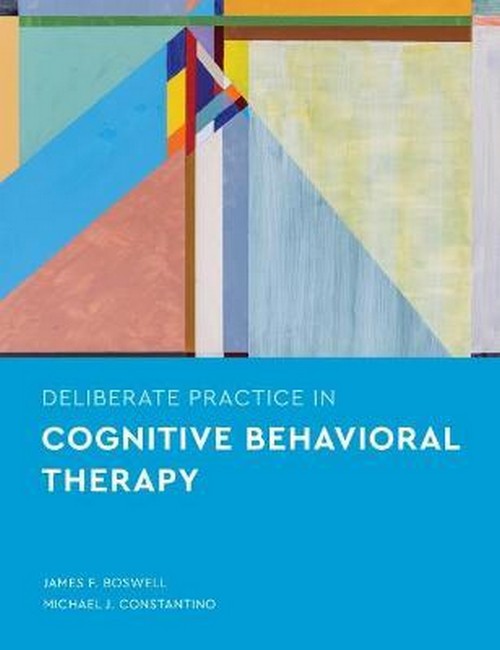James Boswell, PhD, is Associate Professor of Psychology at the University at Albany. He is also an Evidence-Based Practice Implementation and Training Consultant at the Renfrew Center in Philadelphia, PA. His research focuses on identifying important participant factors, technical factors, and relational processes that influence the process and outcome of psychological interventions, as well as mechanisms and principles of change that cut across different therapeutic approaches. Dr. Boswells research program is also focused on identifying effective training and implementation strategies, the development of practice research networks (PRNs), and the integration of outcomes monitoring and feedback systems into routine clinical practice. Michael J. Constantino, PhD, is Professor of Clinical Psychology at the University of Massachusetts Amherst where he directs his Psychotherapy Research Lab, teaches courses on psychotherapy theories and techniques, and supervises clinicians in training. He is coeditor of the 2019 book Principles of Change: How Psychotherapists Implement Research Findings in Practice and Associate Editor of the journal Psychotherapy. His work has been recognized through multiple awards, including the APA Division 29 (Society for the Advancement of Psychotherapy) 2020 Mid-Career Award for Distinguished Contributions to the Advancement of Psychotherapy and the Division 29 Distinguished Publication of Psychotherapy Research Award in 2013.
Request Academic Copy
Please copy the ISBN for submitting review copy form
Description
Series Preface Tony Rousmaniere and Alexandre Vaz Acknowledgments Part I: Overview and Instructions Chapter 1: Introduction and Overview of Deliberate Practice and Cognitive-Behavioral Therapy Chapter 2: Instructions for the CBT Deliberate Practice Exercises Part II: Deliberate Practice Exercises for Cognitive-Behavioral Therapy Skills Exercises for Beginner CBT Skills Exercise 1: Explaining the Treatment Rationale for CBT Exercise 2: Establishing Goals Exercise 3: Negotiating a Session Agenda Exercise 4: Assigning and Reviewing Between Session Activities Exercises for Intermediate CBT Skills Exercise 5: Working With Cognitions Exercise 6: Working With Behaviors Exercise 7: Working With Emotions Exercises for Advanced CBT Skills Exercise 8: Adherence Flexibility Exercise 9: Responding to Therapeutic Alliance Ruptures Exercise 10: Responding to Client Resistance Comprehensive Exercises Exercise 11: Annotated CBT Practice Session Transcript Exercise 12: Mock CBT Sessions Part III: Strategies for Enhancing the Deliberate Practice Exercises Chapter 3: Additional Guidance for Trainers and Trainees: How to Get the Most Out of Deliberate Practice Appendix A: Difficulty Assessments and Adjustments Appendix B: Sample CBT Syllabus With Embedded Deliberate Practice Exercises References About the Authors Index

